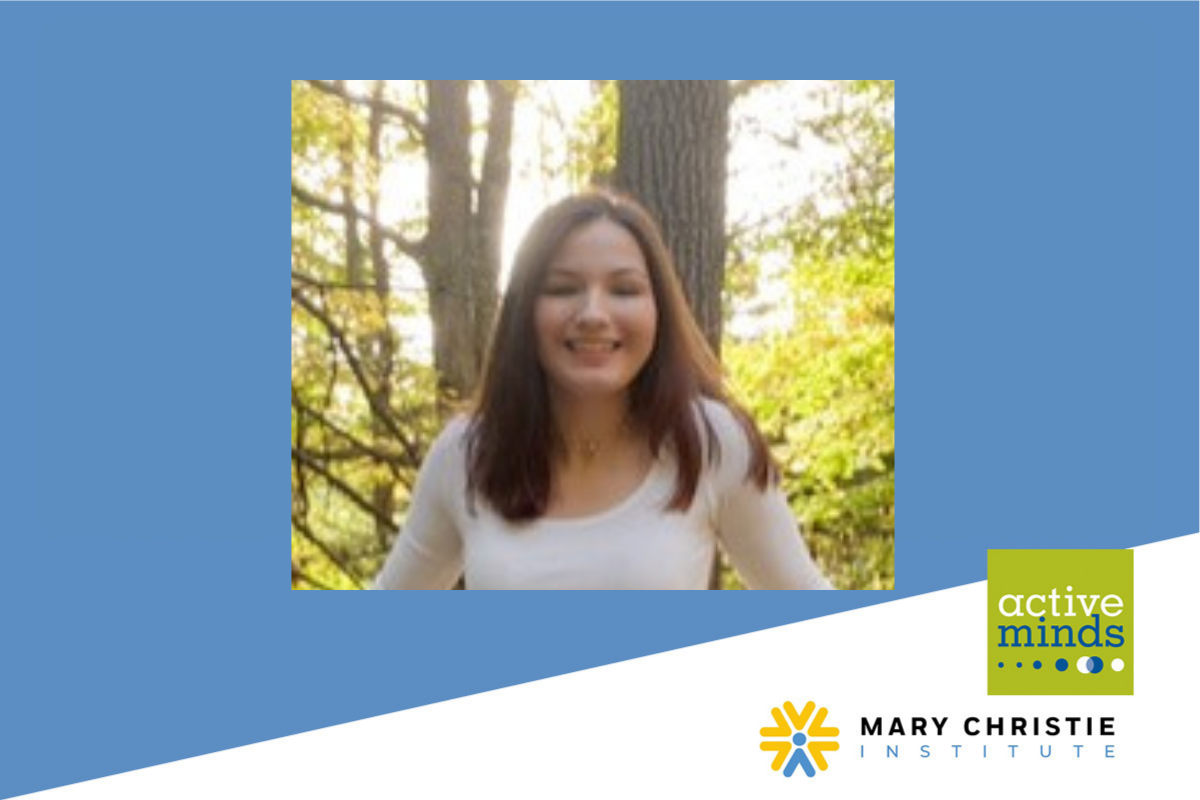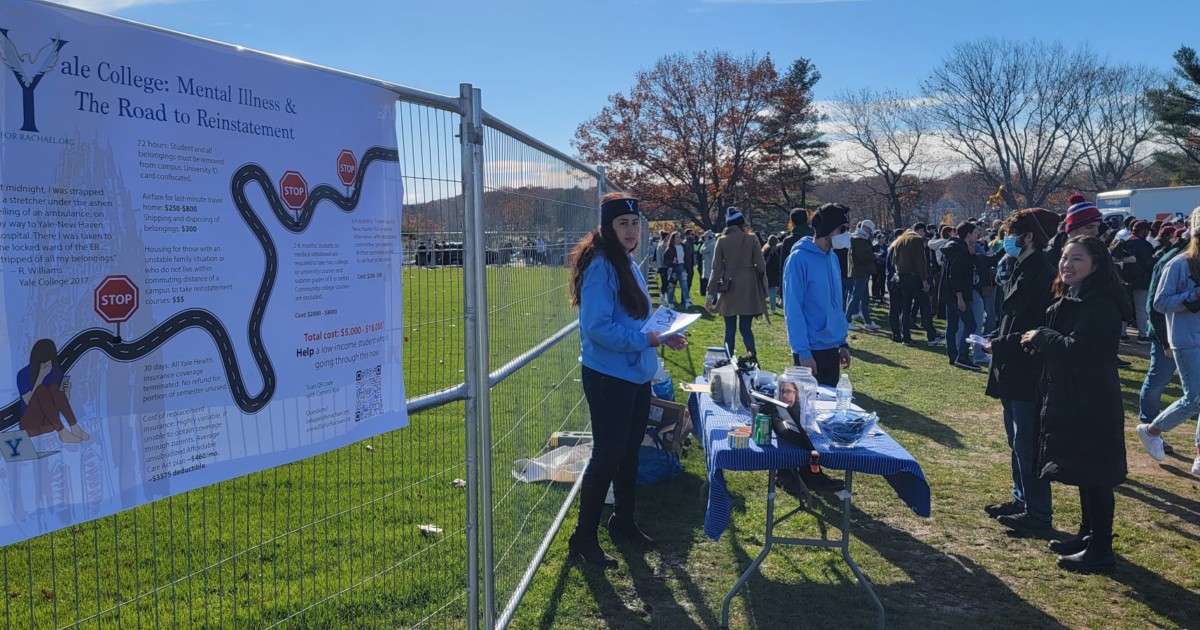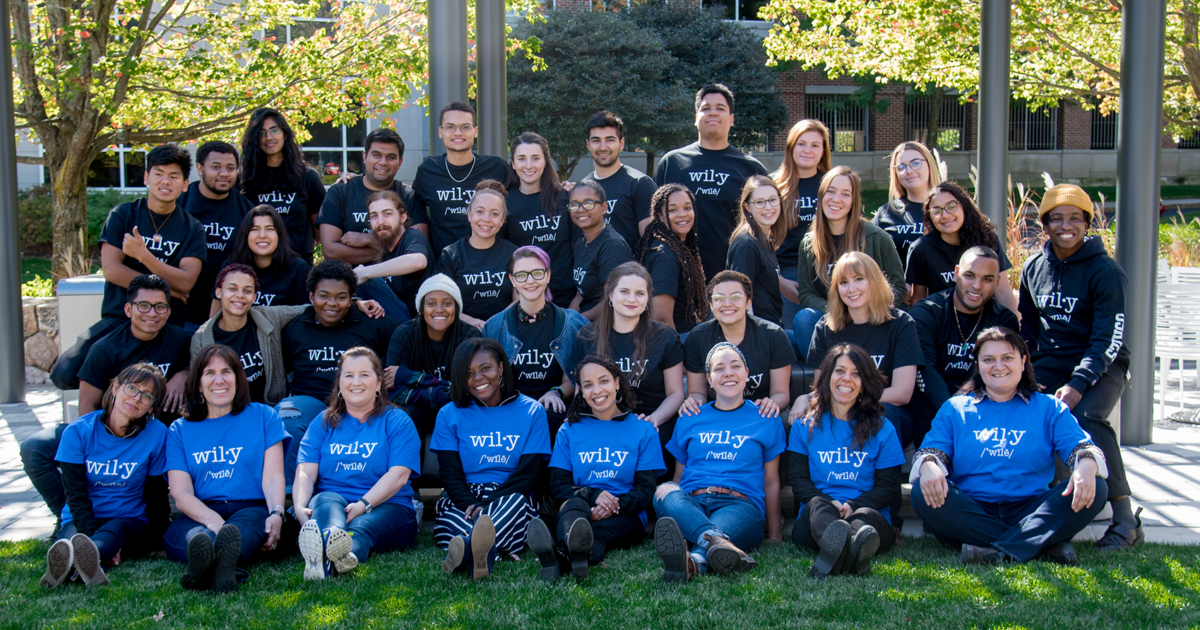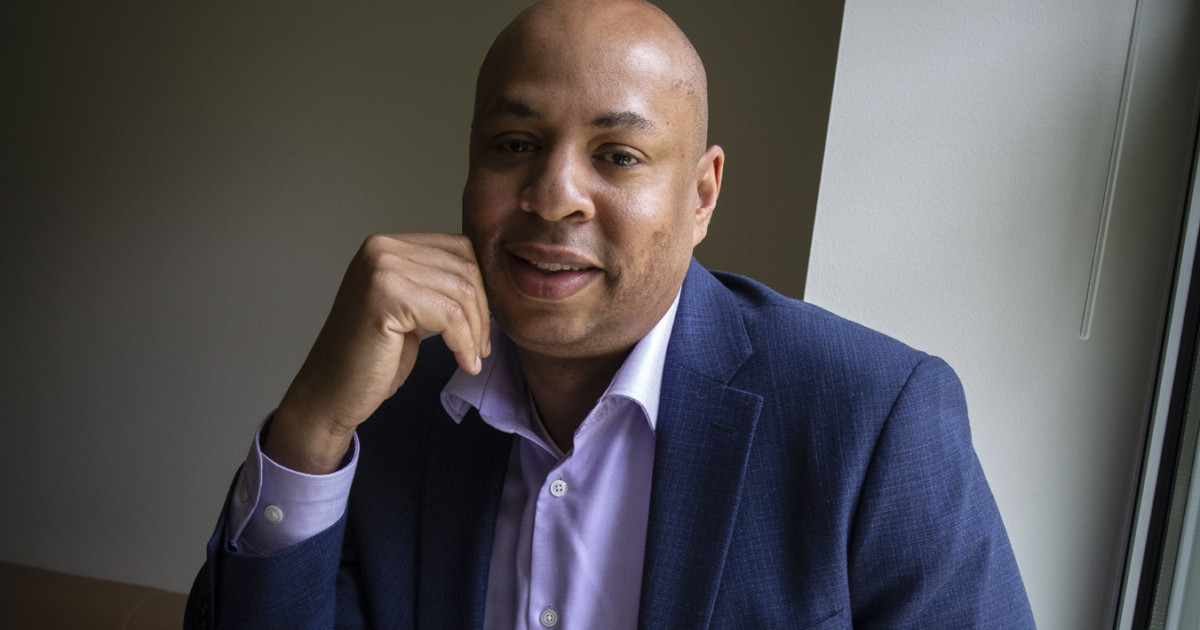As a college senior, while engrossed in my final year of school, my mind is also increasingly focused on the question, “What’s next?” My field of study, psychology, generally requires at least a master’s degree to practice. But in my experience, the process of applying to graduate school is very different from applying to college. When I applied to college, I was concerned about the location, the variety of available activities and majors, and life on campus. For graduate school, however, one question predominates: which program is most likely to prepare me for the career I want when my formal education is complete? Getting information to answer this question has sometimes proven to be challenging.
As I began thinking about what I wanted to do for my future, the first step was deciding if I even wanted to pursue further education. Did I want to commit to another two years of school right after graduation? After all, I’ve been attending school continuously for the last 17 years. Perhaps a gap year would be the way to go? After considering my motivations and goals, I decided that going straight to graduate school would be the best course.
Next, I needed to decide which program to pursue. In applying to college, students generally apply to the school as a whole or possibly to a college within the school. For graduate school, however, students apply to a specific program. As a psychology major, there were many options available to me – clinical psychology, industrial-organizational psychology, school psychology, counseling, school counseling, forensic psychology, and on and on. Plus, there are master’s programs, doctorate programs, and other specialized programs available. Previous experience can help. Many colleges require or encourage students to take a course exploring various professions available to students enrolled in a particular major. In my case, the course involved research on a variety of opportunities available to psychology majors, and various professionals came in to talk about their careers.
Once I narrowed down the programs, I found myself choosing between a master’s program in school counseling and a career in higher education more focused on academic advising and student accessibility. To decide which one to pursue, I shadowed several K-12 school counselors and talked to them about their career path and day-to-day experiences. I accepted a position working in student accessibility services at my college to learn about that office, and I reached out to and met with several people through LinkedIn at different New York and Ohio institutions. Through those informational interviews, I decided to apply to master’s programs in school counseling.
Figuring out which school to attend was more straightforward than figuring out which program to pursue. I knew that I wanted to return to my home state to start my career. Since I attend college in another state, my school was unlikely to have much information about graduate programs back home, so I did some research on the “top school counseling programs in the US” and narrowed it down by state. I also found that my previous shadowing experiences were helpful, because I was able to ask about which graduate programs in the state had the best reputations. Once I had a list of graduate schools to explore, each had a wealth of information on their websites about the unique attributes of their program. I also found it helpful to contact people within the various programs to ask specific questions. All of this helped me to narrow my list to several programs in which I was truly interested.
“While graduate degrees are considered required for many industries and jobs, transitioning to graduate school while finishing an undergraduate degree can be grueling and anxiety-provoking.”
Once I figured out the institutions and programs I wanted to apply to, it was time to dive into the specifics of graduate school applications. As part of the application process, it’s essential to keep track of the requirements of each institution (GRE, letters of recommendation, statements of purpose, deadlines, etc.) and to request letters of recommendations from professors early in the process. After talking to my peers, I have found that I am not the only one experiencing fear, anxiety, excitement, and overall stress.
In conversations with fellow students, I heard concerns about choosing a career path, time management in the application process, and staying present in completing the college experience while applying for the future. Kayla Joyce, an undergraduate psychology major at Ithaca College, stated, “Applying to graduate school is one of the most anxiety-inducing things I have experienced.” While graduate degrees are considered required for many industries and jobs, transitioning to graduate school while finishing an undergraduate degree can be grueling and anxiety-provoking.
Adjusting from undergraduate to graduate school can be a challenging transition, much like high school to college. The big difference is that people talk about the high-school-to-college culture shock and stressors more than the undergraduate-to-graduate school transition. While in college, there is flexibility and encouragement to switch majors. For graduate programs, applying and being accepted into a specific program means you are locked in. The rigidity of graduate school can cause students to overthink their choices and start to doubt their decisions as the application process continues. It’s a lot of pressure when your whole future hangs in the balance. Underlying all the stress of future implications is the cost of graduate school and even of applying for school. Some graduate programs require students to pay an application fee ranging from $60-100. Depending on how many programs you apply to, the total cost can add up quickly.
Another challenge of applying to graduate programs is time management and trying to juggle the future with the present. “I am using grad school to procrastinate in my other work, said Joyce. It feels good to tell people I am applying, which feeds my self-esteem and confidence, but I am very stressed about the application. I have imposter syndrome.”
From my experience, I have a tendency to use grad school applications to procrastinate in my current work, but it has forced me to learn to balance my grad applications with my course load. My peers agree. “Overall, the process is stressful, and it’s a lot, and it’s hard to do everything all at once and prioritize because it seems farther away than it is,” said Sullivan. “But it is a big deal and needs a lot of time to be worked on. And when you’re also working on 40 million other assignments, it can be a lot.”
The difficulty staying present while applying for the future was a universal issue for all of the students I spoke with. Sydney Gallagher, an undergraduate public health major at Saint Louis University, is graduating a year earlier than the rest of her class, but had to sacrifice many experiences and activities that promote happiness and well-being due to her intense focus on the future. Gallagher stated that her stress level had impacted her mental health, causing fatigue.
Why are we going through all this stress for graduate school applications to be accepted into a best-fit school? Joyce talked about how the school has been all she has known since kindergarten, and it brings a source of normalcy. “Going to grad school reduces my anxiety because I will mostly know what to expect for the next 4-6 years.” Joyce is applying to a Ph.D. program that will involve several more years than Sullivan’s, Gallagher’s, or my program because Joyce wants to focus on research. But for all of us to do what we want in the future, we all need a higher education degree.
I have a few suggestions to improve the application process that might help other students:
- I found it difficult to determine when all my applications were due, so I turned them all in around the same time instead of waiting for the due date.
- Additionally, the GRE is optional for an increasing number of programs. If you have anxiety about standardized testing, you may wish to look at schools that do not require the GRE.
- Sullivan and I discussed how vital our college-sponsored graduate school fair was to learn about many programs.
- It’s important to network with recent graduates who are currently or were recently in graduate school. I was fortunate that I had several friends that had graduated a year or two before me whom I reached out to for advice. However, not everyone may be in a similar situation, and it would be helpful for colleges to facilitate this sort of engagement.
Overall, the graduate application process can be a scary and overwhelming experience. But my peers and I are all excited for the future and to see where our different paths take us.




